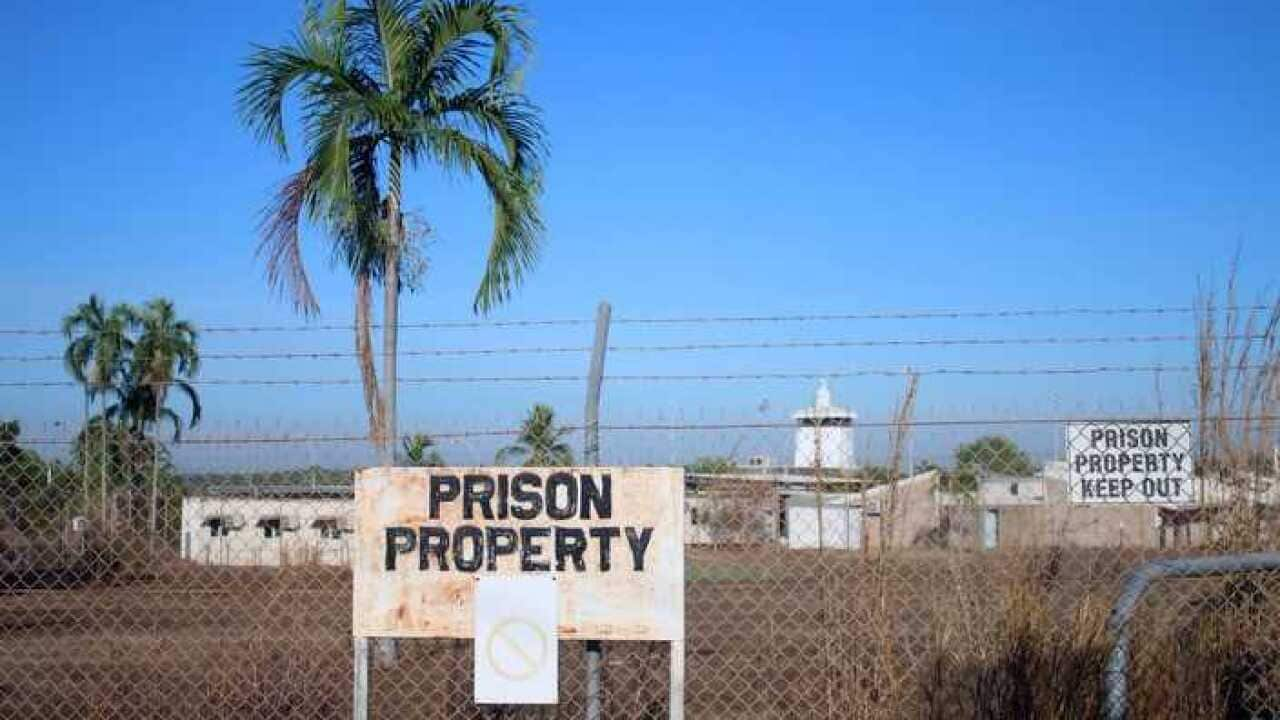Nearly a year since the NT government gave in-principle support to increasing the age of criminal responsibility to 12, there's been no action, prompting legal services and activists to renew calls for change.
The territory government in March last year expressed support for a recommendation made by the Royal Commission into the Protection and Detention of Children to raise the age of criminal responsibility from its current level of 10 years old.
Critics are concerned the delay is causing more children to be put through a harmful “rite of passage” by entering the justice system at such an early age.
“It is a national disgrace, and we need to fix it,” Law Council of Australia President Arthur Moses SC told SBS News.
"The younger children are put into a justice system and face detention, the less chance they have of rehabilitation, which means it puts them at greater risk of reoffending – and then we go through a cycle of incarceration.
“It should not be the rite of passage for any child to have to go to prison at all.”
Families Minister Dale Wakefield was considering ways to implement the reform, but did not indicate a timeframe.
"In order for this law reform to be effective, services also need to be established that cater for at-risk children below the age of criminal responsibility," Ms Wakefield said in a statement.
The government is investing $5 million in a program targeting 8-13 year old at-risk children.
President of the Law Society NT Maria Savvas is “dismayed” by the NT government’s slow response to the Royal Commission’s recommendation.
“The government called for the Royal Commission and should act on its recommendations,” she said.
“Almost a year has passed since the government committed to legislative reform but there has been no explanation as to the delay, nor apparent impediment to amending it.”

Aboriginal and Torres Strait Islander children are statistically more likely to be detained in juvenile detention centres all across Australia. Source: NITV
‘Step up now’
The Royal Commission came about after the ABC's Four Corners program aired footage in 2016 of six teenage boys at the Don Dale Detention Centre being abused.
One of those six, an Indigenous Ngarrindjeri boy named Dylan Voller, had been in detention since he was 11.
He was released in 2017, and has been advocating for improved conditions for youth in detention ever since.
"I think the Northern Territory government needs to step up and step up now and implement this, to actually make change like they promised they were going to make,” Voller told SBS News.
“I think making the changes would be one step closer to being able to support these young kids fully.
"The government need to make sure that it gets done, because it's really going to help."

Dylan Voller speaking in Canberra. Source: SBS
Indigenous children more likely detained
Aboriginal and Torres Strait Islander children are statistically more likely to be detained in juvenile detention centres all across Australia.
In the Northern Territory, while 48 per cent of people between 10 and 17 years of age are Indigenous, they represent over 90 per cent of those in juvenile detention, according to the Law Council of Australia.
At one point in June last year, in detention in the Northern Territory were of Aboriginal or Torres Strait Islander descent.
"Society is judged by how it treats its most vulnerable,” Mr Moses said.
“We should be treated harshly and judged harshly over the way in which we approach the criminal justice when it comes to children, in particularly, Indigenous children."
Detained on remand
A higher percentage of young people in the Northern Territory are detained on remand, meaning they have not yet been sentenced or even proven guilty of a crime, than in any other state or territory.
Between April and June and last year, 13.45 per 10,000 people under 17 years of age detained in the Territory were in detention on remand, released in December by the Australian Institute of Health and Welfare
The next highest state or territory was Western Australia with 4.04 per 10,000 people. "There are delays in the justice system because of a lack of legal aid and legal resources,” Mr Moses said.
"There are delays in the justice system because of a lack of legal aid and legal resources,” Mr Moses said.

File image of Don Dale youth detention centre. Source: AAP
“These children are coming before the justice system where often the courts do not have any other option but to place them in juvenile detention centres, because there are no other rehabilitation services available.”
How young is too young?
All Australian states and territories currently set the age of criminal responsibility at 10 years of age – however, the median age around the world is 14 years.
Medical scientists and rights organisations around the world largely agree children younger than 14 are not mentally developed enough to be criminally liable.
"I'd like the Commonwealth government to come out, make a stand and raise the age of criminal responsibility to 14 and make states abide by it - that's an international standard and Australia should be at that standard,” Amnesty International’s Aboriginal Adviser Rodney Dillon told SBS News.
Brazil, Luxembourg, Peru and Uruguay, at 15, have some of the highest minimum ages of criminal responsibility in the world.
Children as young as seven can be charged with criminal offences in Afghanistan, Myanmar and India.




